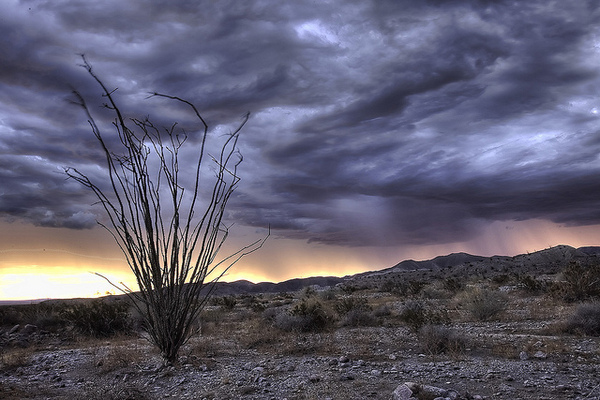FWP:
SETS == A,B; PARALLELISM
DROP/OCEAN verses: {21,8}
In this verse the interpretive possibilities are guided by the obvious formal and semantic similarity between the two lines. Nazm points out the parallel meanings: the unuttered lament creates a scar as it sinks into the heart and dies; the isolated drop creates a pit or scar as it sinks into the dust and dies. This is the minimum, irreducible parallelism that is built into the structure of the verse.
But the question is always how much further we should take the parallelism, and to what effect. Do we consider that both lines refer metaphorically to the same situation, or might they refer to two different situations being separately reported? Is it different to become a 'scar', or to become 'food'-- and if so, how?
Both the Bekhuds consider it a reproach to the lament that it is unuttered-- it is condemned for its imperfection, marked as a failure, just as is the drop that does not become the ocean. Yet in the ghazal world, failure is so often an honorable and even praiseworthy state, that one must always think twice. Consider {21,8}: in it the heart of every drop 'is' the words 'I am the sea'. So even if such a drop vanished in the dust, would that be any more than a contingent, temporary detour on its way (back) to its true essence? Perhaps indeed it would evaporate in the sun, and then rain right down again into the sea.
Even more to the point, consider {100,4}, in which the lover says: 'I too know, as Mansur knew, that every 'drop' of myself is in truth a 'sea'. But I have no desire to imitate the tunuk-:zarfii , the 'small-capacitied-ness', of Mansur.' Thus, presumably, while Mansur went through the streets proclaiming anaa al-;haq , 'I am God!', the lover will not imitate his lack of self-control. He will maintain a praiseworthy silence, thus showing his superior dignity and capacity for containment.
Is there not some echo or overtone of this thought in the present verse too? After all, it is desirable and praiseworthy for the lover to have wounds and scars in his breast. If he endures the pain in silence, suppressing the laments that would have indiscreetly revealed his passion (and his tunuk-:zarfii as well), is this not to his credit? Are we to think, then, the same about the drop, by analogy? Or are we to think that the two lines are parallel only up to a point, and that we are also to realize the differences between the conditions they depict? As so often, the verse leaves this choice up to us.
Thus the complexity. The lover's state is contradictory,
paradoxical, etc. It can be praiseworthy for him to suppress his laments,
and also praiseworthy for him to feel a degree of passion, and of indifference
to everything else, that makes it impossible to suppress his laments. The
same, of course, may be true of the drop-- it is praiseworthy for it to reach
the sea, but perhaps it is also praiseworthy for it to submit carelessly to
a death in the dust, knowing its own real nature and destiny to be independent
of such mortal accidents. In this case, however, it's less clear, and the
drop may also be a thought-provoking counterexample.

Nazm:
That is, the way a drop that is absorbed into the dust creates a scar in the dust, in the same way a lament, when it is suppressed, creates a scar in the breast. (24)
== Nazm page 24